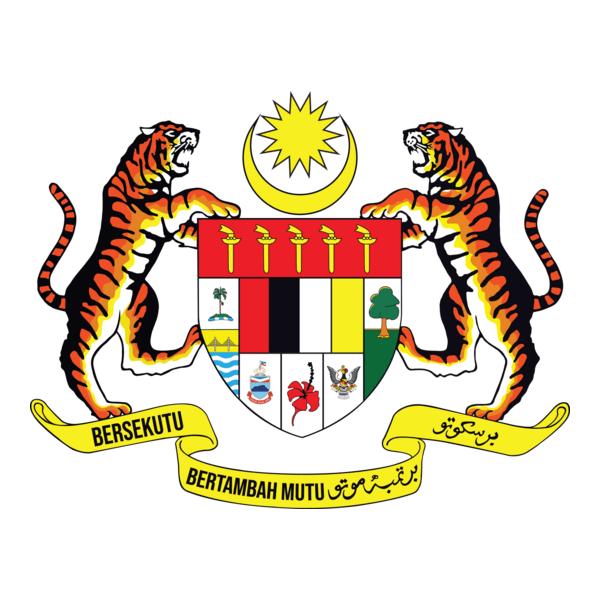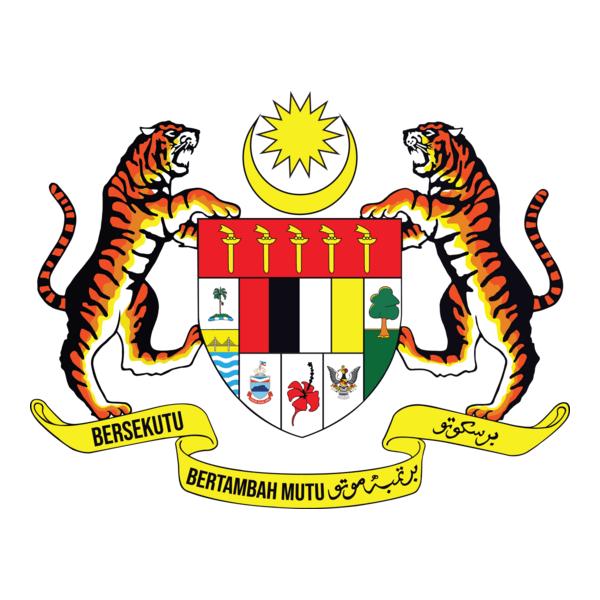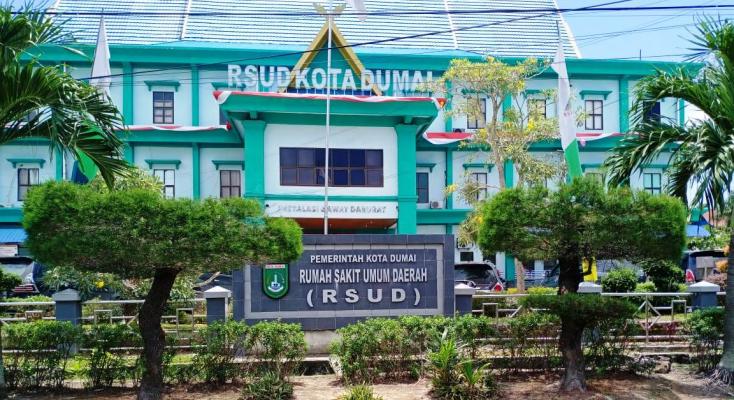- Home
- MediaOutReach
- IGEM2025 & KLSS: Malaysia's Leadership for a Green and Inclusive Asean
IGEM2025 & KLSS: Malaysia's Leadership for a Green and Inclusive Asean
Jumat, 17 Oktober 2025 | 14:23

KUALA LUMPUR, MALAYSIA -
Media OutReach Newswire
- 17 October 2025 - As Chair of ASEAN in 2025, Malaysia has placed
sustainability and climate action at the heart of our regional agenda as
Malaysia continue to seek to be drivers of change.
“Through Kuala Lumpur Sustainability Summit (KLSS), Malaysia has strengthened ASEAN's climate discourse, aligning our region around three key priorities: adaptation, mitigation, and resilience. Through International Greentech & Eco Products Exhibition and Conference Malaysia (IGEM), we move from policy to opportunity, turning discussions into partnerships, and partnerships into projects. IGEM showcases technologies that will shape the next generation of industries. From clean energy and sustainable mobility to waste reduction, carbon management, and nature-based solutions,”
This was stated by the Minister of Plantation and Commodities Acting Minister of Natural Resources and Environmental Sustainability, Datuk Seri Johari Abdul Ghani while officiating IGEM2025 and closing Kuala Lumpur Sustainability Summit (KLSS) at the Kuala Lumpur Convention Centre (KLCC), today.
Also present Chief Secretary to the Government, Tan Sri Dato' Sri Shamsul Azri Abu Bakar, Deputy Minister Natural Resources and Environmental Sustainability, Dato' Sri Huang Tiong Sii, Deputy Minister of Economy, Dato' Hajjah Hanifah Hajar Taib, Secretary General NRES, Datuk Dr. Ching Thoo a/l Kim, Deputy Secretary General (Environmental Sustainability), Datuk Nor Yahati Awang and Chairperson of MGTC, Shareen Shariza Dato' Abdul Ghani.
He added, “at the same time, I must reiterate that IGEM is a platform for inclusion and not reserved for large corporations alone. It is also a launchpad for Micro, Small and Medium Enterprises (MSMEs), the backbone of our economy and the pulse of Malaysia's green transformation.
In parallel, the Government is finalising the National Carbon Market Policy, which defines Malaysia's approach to carbon trading and guides the use of carbon pricing to drive investment, innovation, and low-carbon growth. It will also promote carbon credit projects in forestry, renewable energy, and nature-based solutions, creating new income opportunities for state governments, local communities, and private investors.
“Through Kuala Lumpur Sustainability Summit (KLSS), Malaysia has strengthened ASEAN's climate discourse, aligning our region around three key priorities: adaptation, mitigation, and resilience. Through International Greentech & Eco Products Exhibition and Conference Malaysia (IGEM), we move from policy to opportunity, turning discussions into partnerships, and partnerships into projects. IGEM showcases technologies that will shape the next generation of industries. From clean energy and sustainable mobility to waste reduction, carbon management, and nature-based solutions,”
This was stated by the Minister of Plantation and Commodities Acting Minister of Natural Resources and Environmental Sustainability, Datuk Seri Johari Abdul Ghani while officiating IGEM2025 and closing Kuala Lumpur Sustainability Summit (KLSS) at the Kuala Lumpur Convention Centre (KLCC), today.
Also present Chief Secretary to the Government, Tan Sri Dato' Sri Shamsul Azri Abu Bakar, Deputy Minister Natural Resources and Environmental Sustainability, Dato' Sri Huang Tiong Sii, Deputy Minister of Economy, Dato' Hajjah Hanifah Hajar Taib, Secretary General NRES, Datuk Dr. Ching Thoo a/l Kim, Deputy Secretary General (Environmental Sustainability), Datuk Nor Yahati Awang and Chairperson of MGTC, Shareen Shariza Dato' Abdul Ghani.
He added, “at the same time, I must reiterate that IGEM is a platform for inclusion and not reserved for large corporations alone. It is also a launchpad for Micro, Small and Medium Enterprises (MSMEs), the backbone of our economy and the pulse of Malaysia's green transformation.
In parallel, the Government is finalising the National Carbon Market Policy, which defines Malaysia's approach to carbon trading and guides the use of carbon pricing to drive investment, innovation, and low-carbon growth. It will also promote carbon credit projects in forestry, renewable energy, and nature-based solutions, creating new income opportunities for state governments, local communities, and private investors.
Alongside this, the Carbon Capture, Utilisation and Storage (CCUS)
Bill, passed earlier this year, positions Malaysia as a regional hub for
carbon management, a sector that could unlock up to USD 250 billion in
potential economic value over the next three decades.
Meanwhile, Malaysia has finalised its Third Nationally Determined Contribution (NDC 3.0) under the Paris Agreement. This ambitious yet practical target underscores Malaysia's firm commitment to accelerate the low-carbon transition. NDC 3.0 was developed through consultations with state governments, industries, and civil society groups. Once approved by the Cabinet, Malaysia will submit NDC 3.0 to the UNFCCC Secretariat.
Meanwhile, Malaysia has finalised its Third Nationally Determined Contribution (NDC 3.0) under the Paris Agreement. This ambitious yet practical target underscores Malaysia's firm commitment to accelerate the low-carbon transition. NDC 3.0 was developed through consultations with state governments, industries, and civil society groups. Once approved by the Cabinet, Malaysia will submit NDC 3.0 to the UNFCCC Secretariat.
Together, these initiatives show that Malaysia's green transition is
structured, strategic, and sustained. It is a long-term national mission
built on strong policy, clear law, and enduring economic opportunity.
BERITA LAINNYA

Sabtu, 18 Oktober 2025 | 08:49

Sabtu, 18 Oktober 2025 | 08:49

Sabtu, 18 Oktober 2025 | 08:47

Sabtu, 18 Oktober 2025 | 08:43

Sabtu, 18 Oktober 2025 | 08:42

Sabtu, 18 Oktober 2025 | 08:40
Sabtu, 18 Oktober 2025 | 08:39

Sabtu, 18 Oktober 2025 | 08:34

Jumat, 17 Oktober 2025 | 14:24

Jumat, 17 Oktober 2025 | 14:23
























